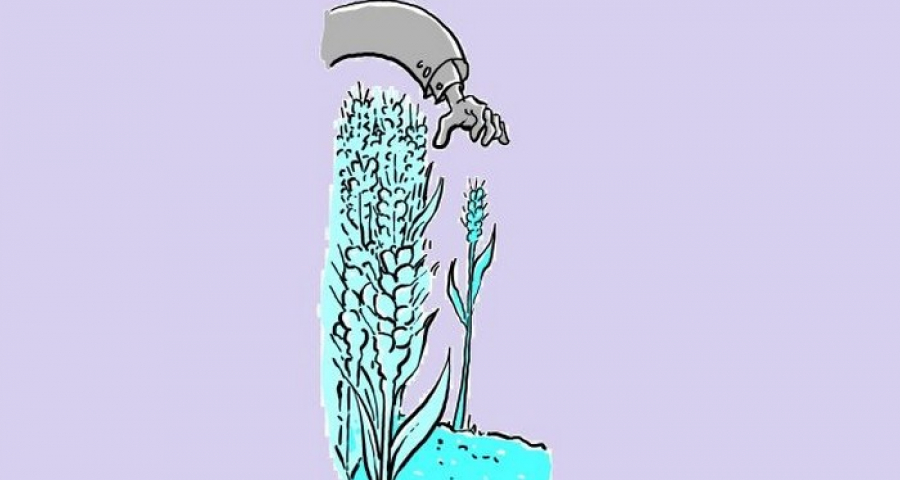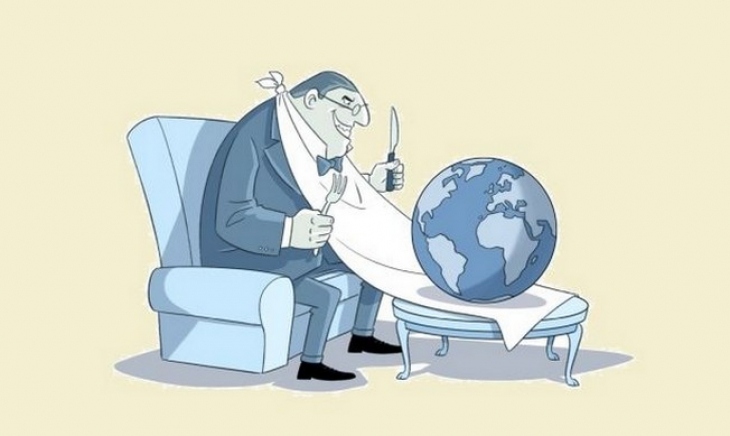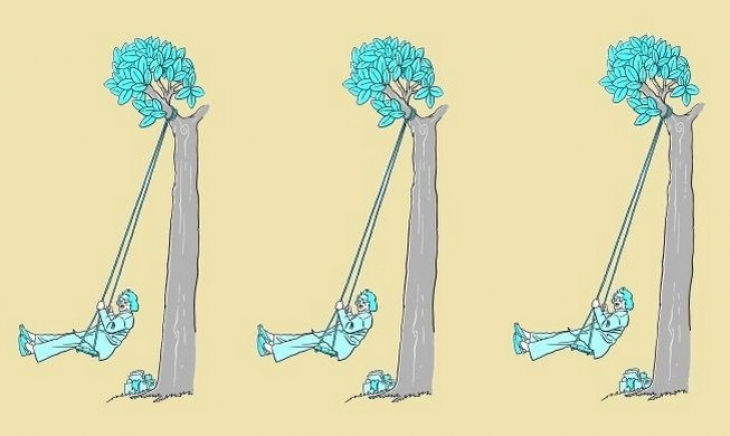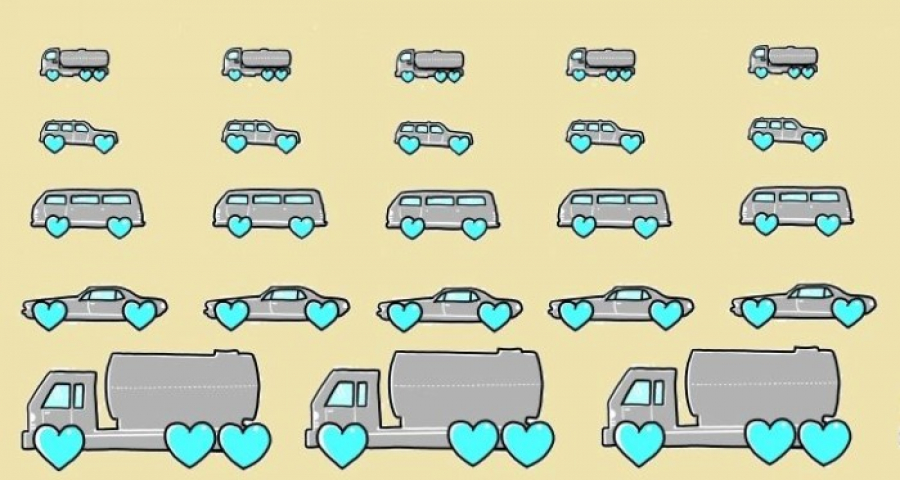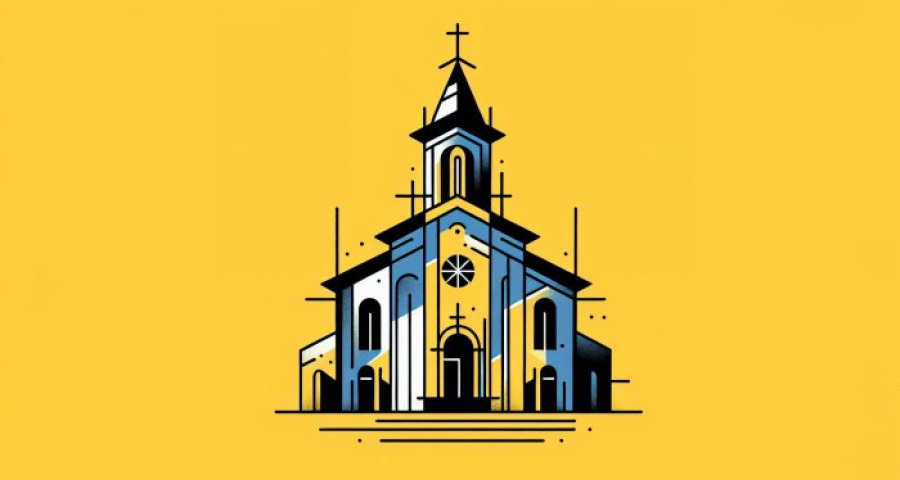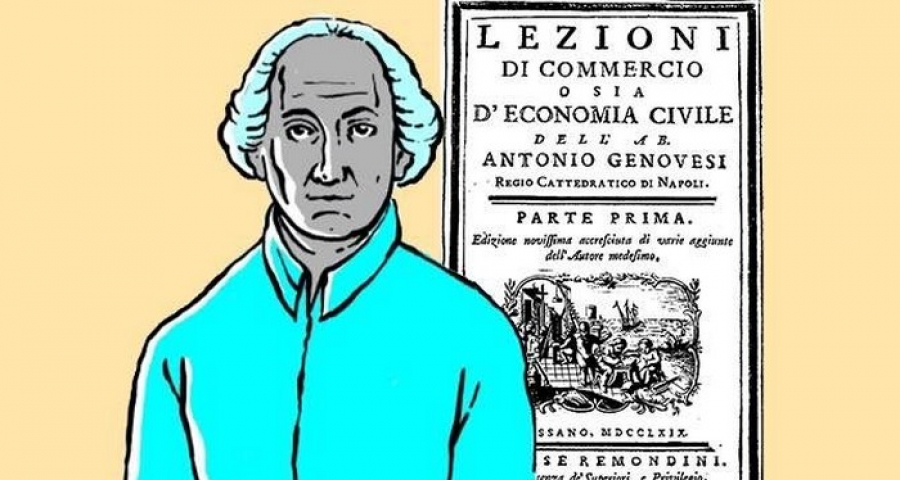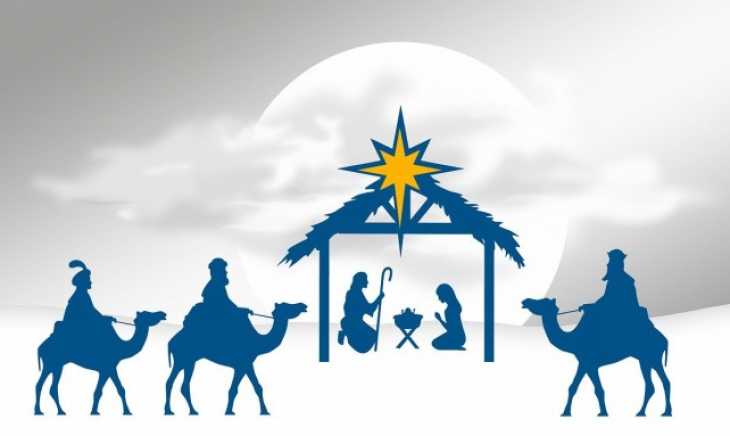At the origin of biblical civilisation we find the supportive institution of gleaning. It serves as the basis for the Book of Ruth: when the reapers went to cut the crops, they did not go over it a second time, because the gleaning was meant for the poor...
by Luigino Bruni
published in Il Messaggero di S. Antonio on 07/05/2023
“Sir, how does this parking machine work?” asked an elderly lady who was trying, like me, to pay for parking on the blue-striped area. In that city, the company that manages the municipal car parks – which is public land, therefore everyone's – had the good idea, by now a widespread protocol, of requiring the citizen to enter their car plate number in the parking machine. “I don't remember it,” the lady tells me. She shows me where her car is, which is far away for her as she has difficulty walking. I go there, take a picture of the number plate, and help her pay for the ticket.
In the end, a question arises in me: “Why is it necessary to enter the plate number?” The only answer I can think of is to prevent the one who parked there, paid for two hours and only stayed for one, from being able to donate the remaining hour to someone else. A lady friend of mine who is a police officer tells me that there might also be another reason: if I get fined by mistake because they do not see the receipt on the car, I can prove with the plate number that I had paid. To be honest I think the first reason is by far the dominant one, since in almost forty years of driving I have never received a fine when I had paid for parking!
So the issue is simple: a for-profit company must maximise profits, and if it takes upon itself to manage a public good on behalf of the municipality, it does so with the aim of making a profit. However, I am convinced that public or private companies that manage common and public goods should be civil, or non-profit enterprises, i.e. they should not aim to maximise profits, but to efficiently manage an asset that belongs to everyone. The introduction of a price to manage public goods can serve to rationalise management (free things almost always become nobody's things) and not necessarily to make cash.
But what are the effects of the introduction of the plate number? The first we have seen: people are not all equal in their ‘functioning’, as the great economist Amartya Sen would say. That is, public and administrative measures have different effects on different people. And a good criterion to follow when one wants to perform innovation in the field of public goods is to look at the effects of innovation starting with the most disadvantaged categories: the elderly, children, people with disabilities.
Then there is the specific effect related to the prohibition to exchange tickets with other fellow citizens. When I was studying in London, there was a metro station where everyone knew that you could find tickets with a still valid duration, left there by those who had not used them all so that the young and the poor could get them. To prevent these (possible) exchanges for a few extra dollars, besides being civilly stupid, sends out signals about the kind of city you want to create: a city where the strong and the rich are better off, and where the frail and the discarded are worse off. At the origin of biblical civilisation we find the supportive institution of gleaning. It serves as the basis for the - beautiful - book of Ruth: when the reapers went to cut the crops, they did not go over it a second time, because the second round, the gleaning was meant for the poor, the widows and strangers... The fields did not belong to the owners, because “The earth is the Lord’s, and everything in it”.
We are privatising the common goods, we are eliminating the many ancient forms of gleaning. We will soon have cities inhabited by more and more merchants and fewer and fewer citizens, where all the harvest is exhausted in the first round. And perhaps the old lady will no longer leave her house to do her shopping: a new company will bring it to her door to make a profit from these deliveries. The city will be poorer and sadder, and so will we.
Photo credits: © Giuliano Dinon / Archivio MSA






